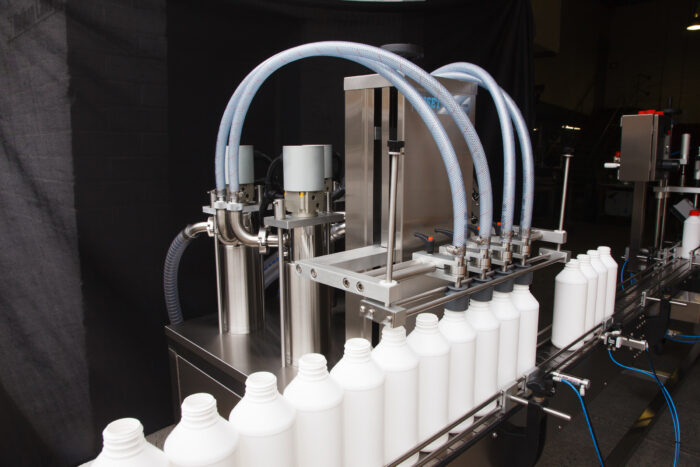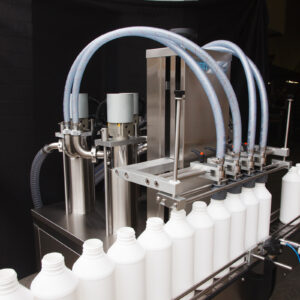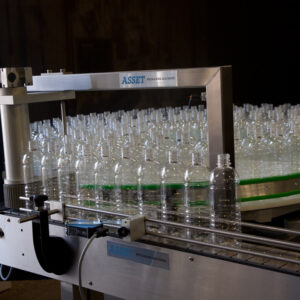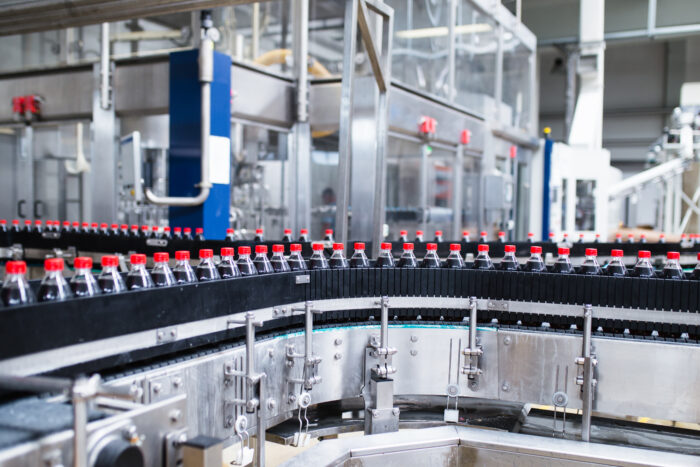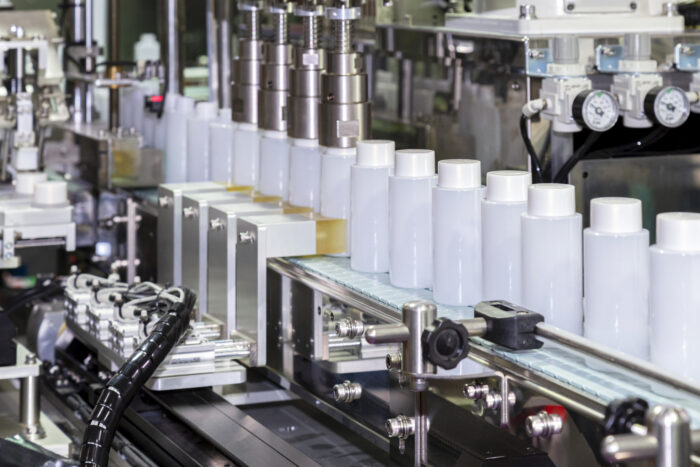The recent COVID-19 pandemic has left its mark, damaging economies and supply chains across the world. Now, Australian companies are trying to recover from these unforeseen challenges and adapt to the new environment. Many forward-thinking companies now see automating production lines as a solution to many problems. By increasing output, overcoming labour shortages and reducing costs through automation, domestic industries could become more resilient and flexible than ever before.
How the pandemic affected Australian production
As we emerge from the pandemic and survey the damage, we can see that it has affected the Australian economy in several ways, forcing businesses to adapt. During the pandemic, social distancing reduced the number of staff able to work on production lines, while quarantine led to extended employee absences. After the pandemic, society adjusted, and people found alternative employment, so many sectors now face a labour shortage.
Issues like the post-pandemic economic recession and steep inflation have resulted in less spending power and a change in shopping habits. This reduced demand for some goods or saw consumers switching to cheaper alternatives. Many businesses also closed for good, leaving some manufacturers with a smaller client base. Companies producing liquid goods, especially beverages, food, and cosmetics, had to reorganise their business models to reduce costs.

The pandemic also damaged long supply chains and logistics networks. Border controls affected imports, and companies found it difficult to source materials from overseas. In addition, many Australian companies found it harder to import raw materials, including containers, bottles and caps. Lead times for new machines and parts lengthened, leading to prolonged and expensive downtime. If a machine did break down, it became difficult to bring in technical expertise from overseas due to entry restrictions.
What are the opportunities?
Naturally, the pandemic left uncertainty about the future, with companies initially reluctant to invest during a time of economic uncertainty. However, as Australia again opens for business, new opportunities emerge, and there is potential for recovery and growth. As the economy recovers, companies able to adapt to the evolving environment and change the way they operate can prosper.
Because they are now aware of the fragility of long supply chains, Australian companies and end-consumers increasingly emphasise products made in Australia. To support this, the government is actively seeking to strengthen local supply chains. However, to take full advantage, companies need the ability to scale up production, but with ongoing labour shortages, this is not always possible. Companies may have to offer significantly higher wages to attract workers, which will wipe out any increased profits.

One way that Australian businesses can adapt is by embracing automation for production lines. This can help overcome many of the problems posed by the pandemic. It will create new opportunities, especially for the liquid filling industry.
Why automate production?
Automating production lines for companies producing liquid goods will help scale production up to suit demand quickly. They won’t need to hire extra staff or pay overtime and can simply adjust the speed or add more filling heads. Automatic liquid filling machines are capable of far higher production rates, offer high accuracy and precision, and lower operational costs. With automation, a company needs fewer employees on the production line, helping you cope with labour shortages. Existing staff can focus on higher-value jobs such as operating machines, technical support, and quality control.

Finally, reducing manual handling means better hygiene and fewer human errors, improving the quality of products and maintaining a more sterile environment. This will be particularly important in pharmaceutical products, cleaning/sterilising products, food production, and food waste treatment.
Strengthening domestic industry
Beyond the shores of Australia, businesses worldwide are investing heavily in automation after the pandemic. Because of this, Australian companies developing localised supply chains should ensure they are robust enough to compete with imports in the future. Automation will reduce this risk and ensure domestic companies aren’t left behind.
Aware of the need to strengthen the domestic industry, the Australian government is supporting industrial automation, so now is a good time to look at investments. After the problems Australia faced importing PPE and vaccines, Australia intends to develop domestic supply chains. The government wants to become more self-sufficient, especially for critical goods like pharmaceuticals and food. As an added bonus, localisation will help companies reduce their environmental impact.
Why Asset Packaging Machines helps automation

With four decades of experience in building dependable packaging machines, Asset Packaging Machines is in a prime position to help your business implement automation. Our equipment is Australian-made, meaning no long lead times for machines and parts. With our responsive customer service, you won’t waste time waiting for technical support, repairs, or servicing.
Our systems are exceptionally durable and manufactured from superior quality materials to stringent Australian standards. We only use food-grade materials, such as stainless steel, ensuring that our machines are easy to clean and sterilise.
Our machines are scalable and can help you cope with sudden demand rises. You can even hire extra filling machines, conveyors, and capping machines if you need to increase production quickly. With our easy-to-integrate automated systems, you can make your processes more efficient. With our support, your automated production line can use liquid filling machines, capping machines, conveyors, and accumulation/unscrambling tables to streamline production and remove bottlenecks.
Most of all, as an Australian company, we know exactly how the pandemic affected the national economy and businesses. As a result, we know exactly how to help you recover and invest in the future. We are specialists in liquid filling automation and can help you plan your upgrade from the start. Contact us for more details and find out more about our extensive range of liquid filling technology.





